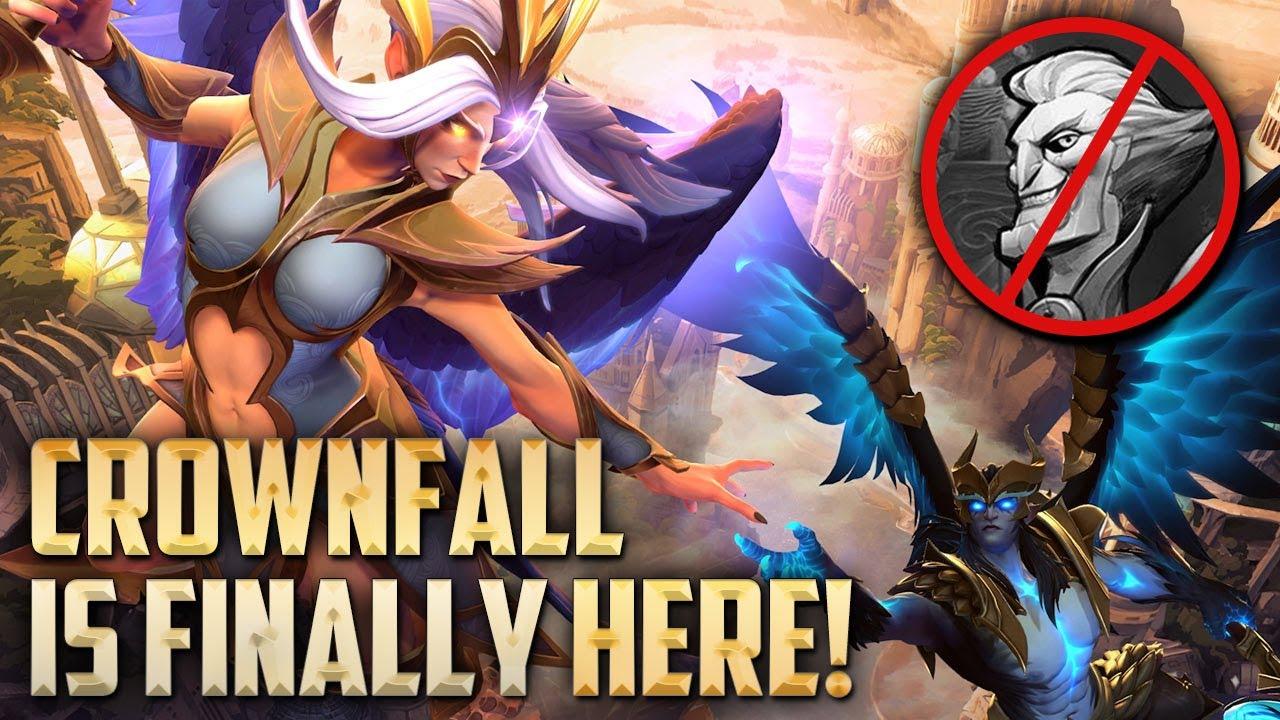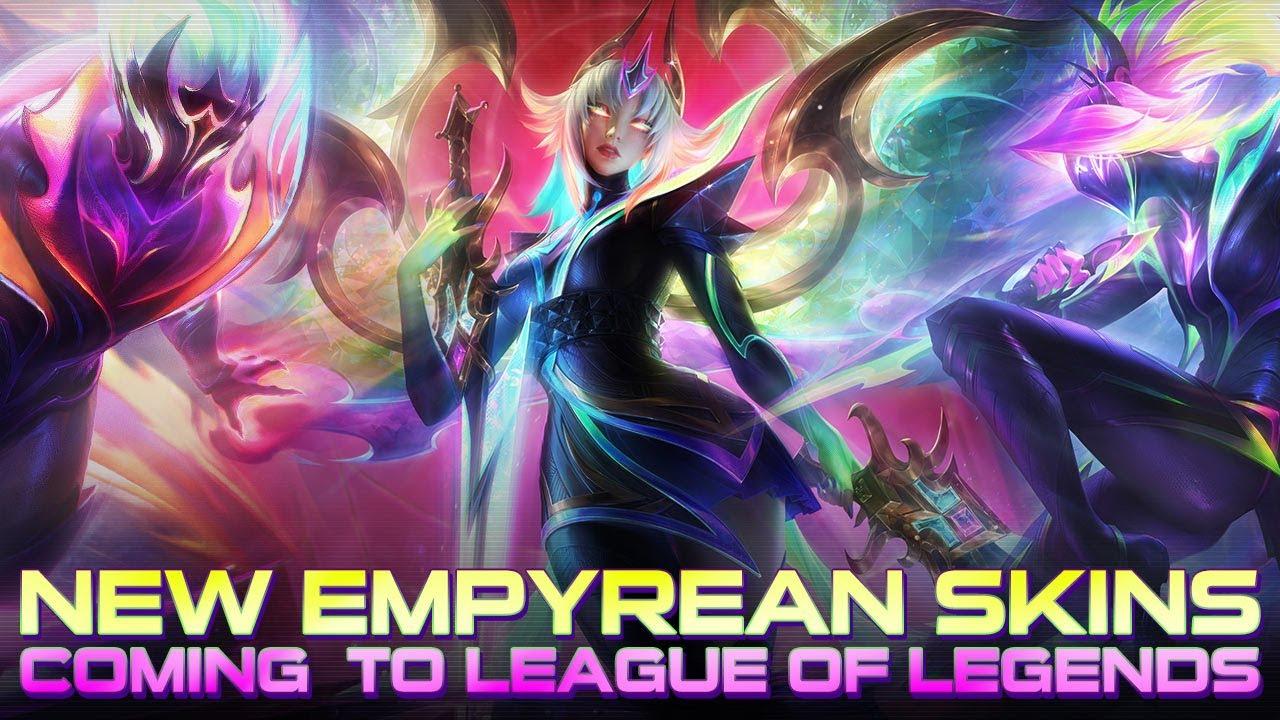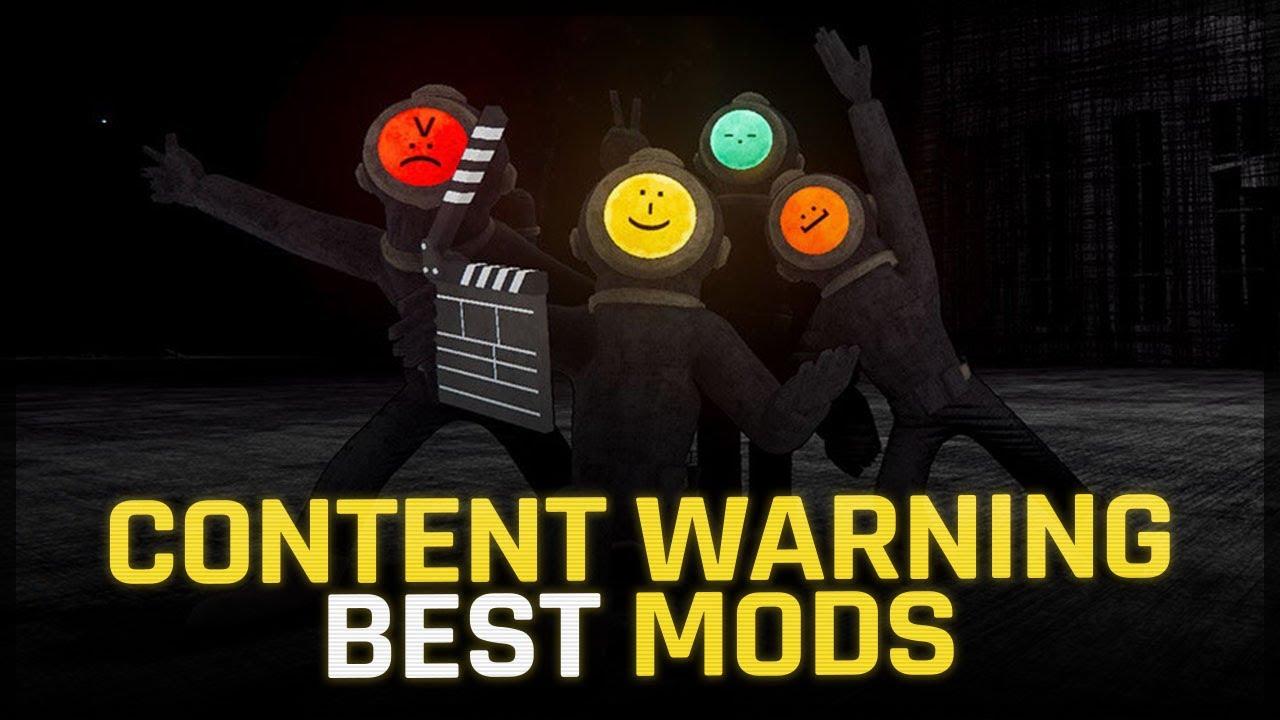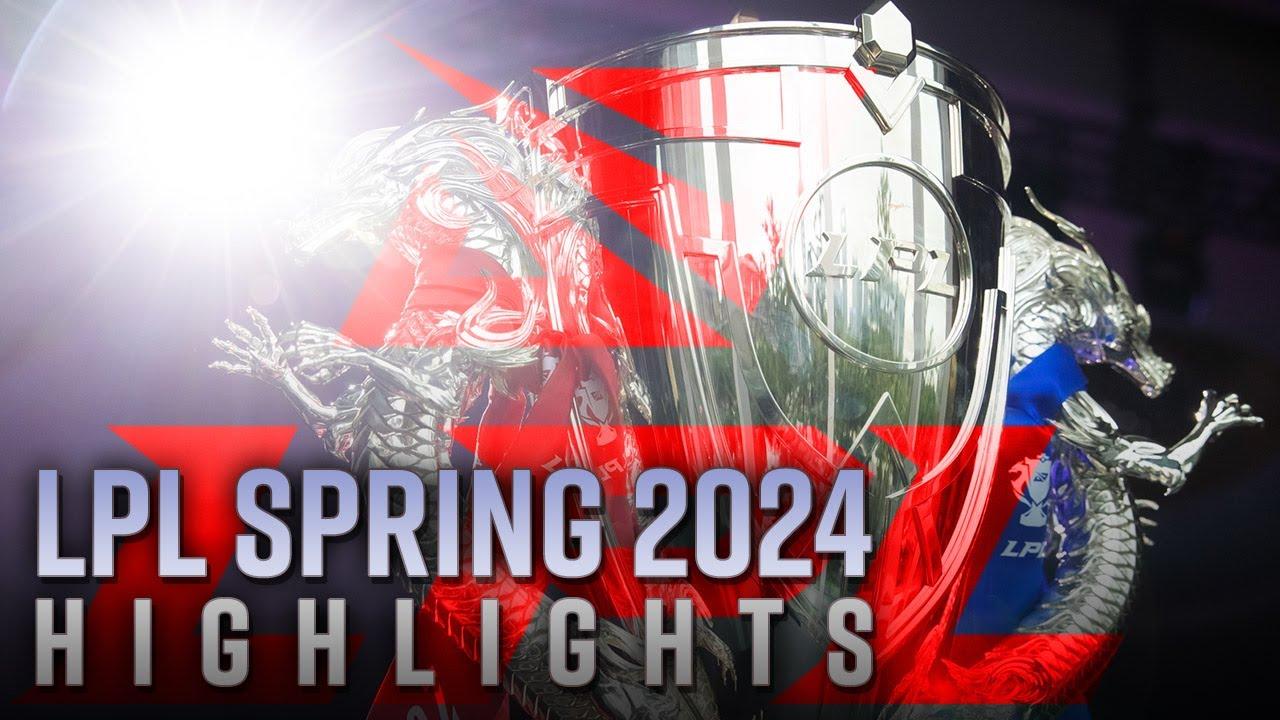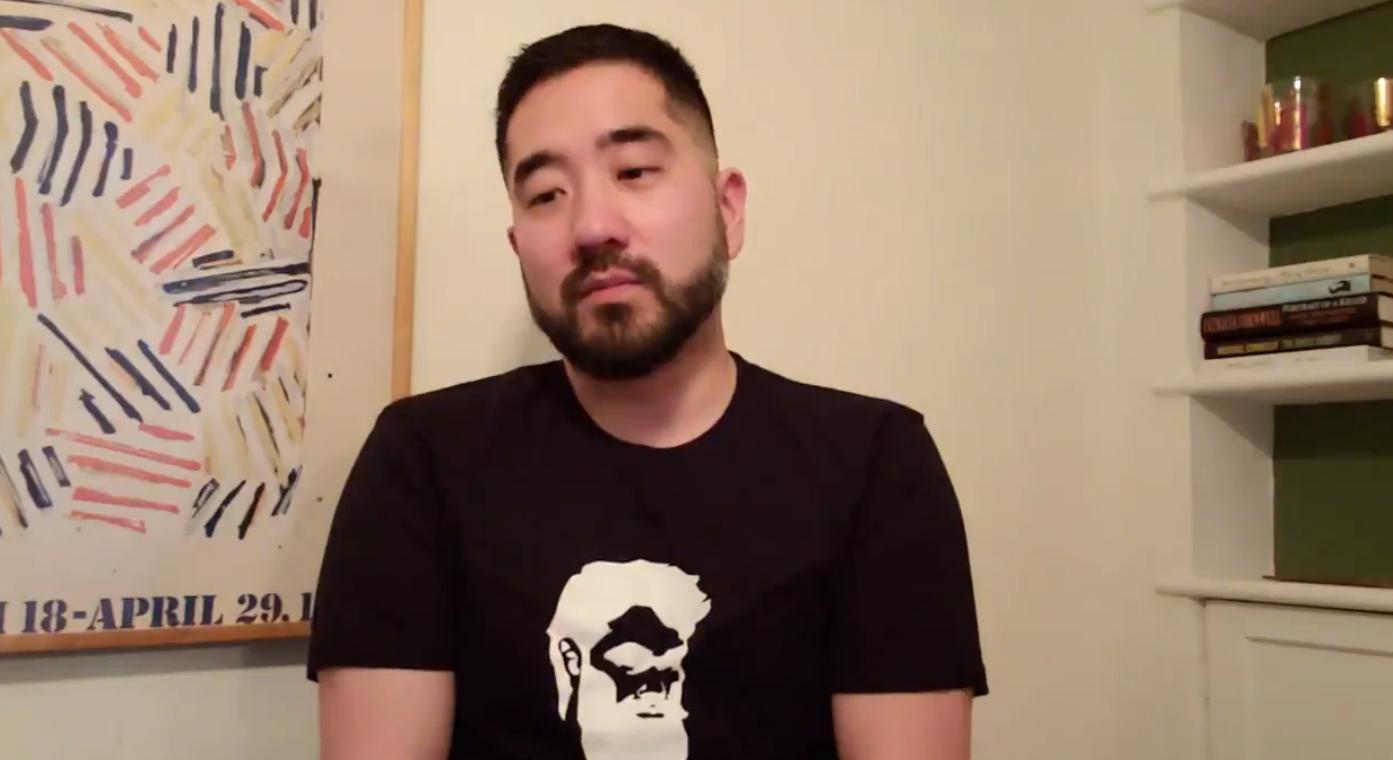
Toronto Defiant GM speaks on mental health issues
Toronto Defiant’s general manager Jaesun Won recently spoke out about dealing with mental illness in support of Canadian company Bell’s Let’s Talk Day.
Won opened up about having what he called “terrible experiences” in the army, which he kept bottled up, eventually causing him to lose his wife, his home, and his son.
“I realized that I couldn’t handle it on my own,” Won said. “I learned that talking to others did help.”
The video was released in hopes of starting a conversation on mental illness, which is the goal of Bell Let’s Talk Day. The event is meant to promote awareness and understanding, while also reducing the stigma that often surrounds mental illness.
Toronto Defiant’s fans flooded the post with support, thanking Won for sharing his story.
This isn’t the first time that mental illness has been discussed in the Overwatch League. New York Excelsior’s Do-hyeon “Pine” Kim was in the spotlight during Season 1 for taking a break due to depression and a panic disorder.
According to NYXL’s documentary, Pine was going to keep practicing and competing until the team’s coaches noticed something was wrong.
“I relied on Andrew a lot during that time,” said Pine about player manager Andrew Kim. “He’s the hero in the background who helped me a lot during that season.”
With a 40-match schedule, Season 1 left many coaches and players mentally exhausted. Florida Mayhem’s head coach took a temporary break, stating that the league schedule “pushes all competitors to the limit and brings a heavy burden.”
It was often said that the Shanghai Dragons underperformed because of alleged 15-hour scrimming sessions, bringing a call for better mental health treatment within the league to the fore once again.
Dragons team manager Yang Van released a statement promising that the management team had developed plans “regarding life issues, for the well-being and health concern of our players, both physically and mentally.”
Overwatch League officials responded to team concerns by significantly reducing each team’s schedule, giving them more breaks and fewer games to play overall.
Recommended
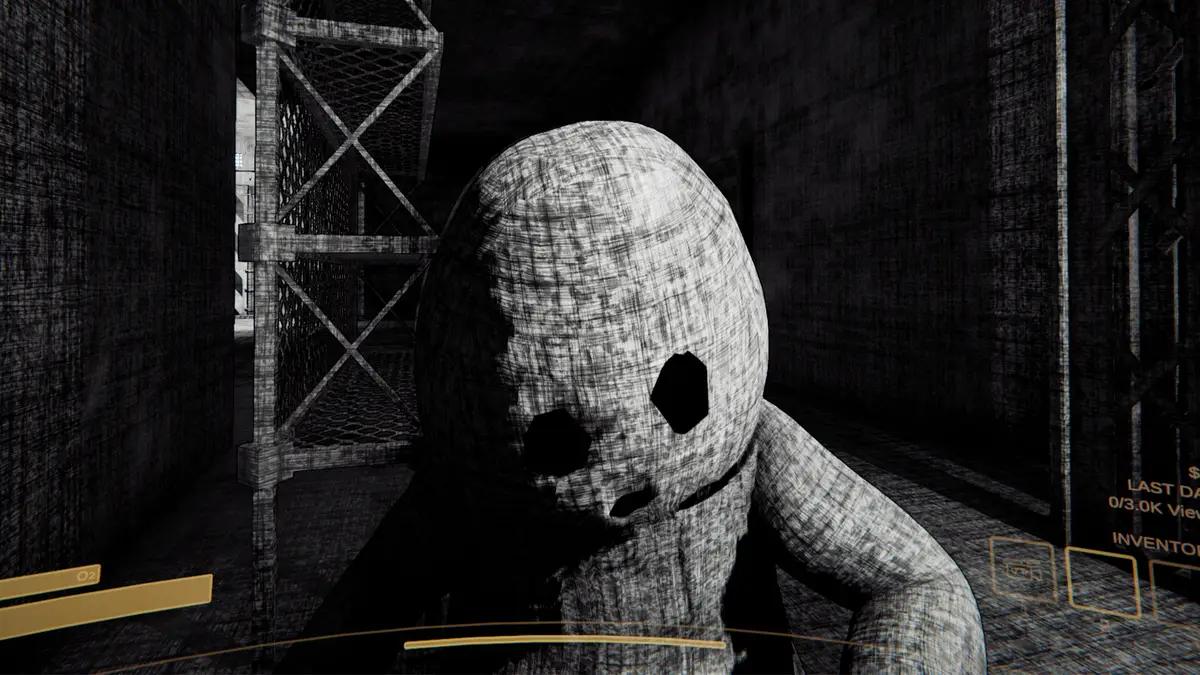
Does Content Warning have VR?
As a game focused on sharing your spooky encounters, Content Warning seems like the perfect game for...
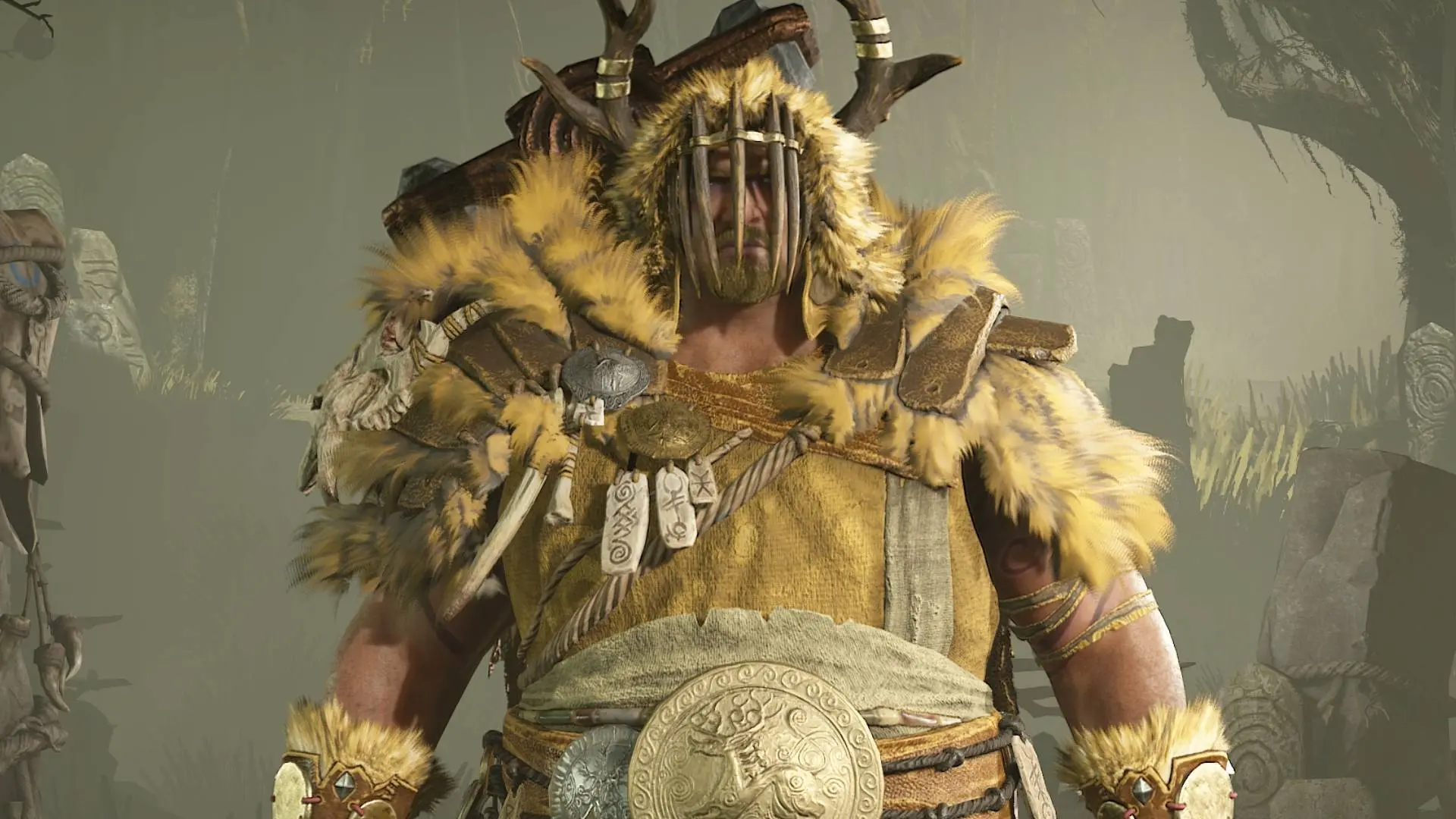
Diablo 4 Thorns: How does it work?
It’s a simple, but powerful substat.

All the methods and secrets for quickly increasing your rank in Call of Duty Warzone 2
CoD Warzone is one of the most dynamic projects in the battle royale genre, which allows players to...

